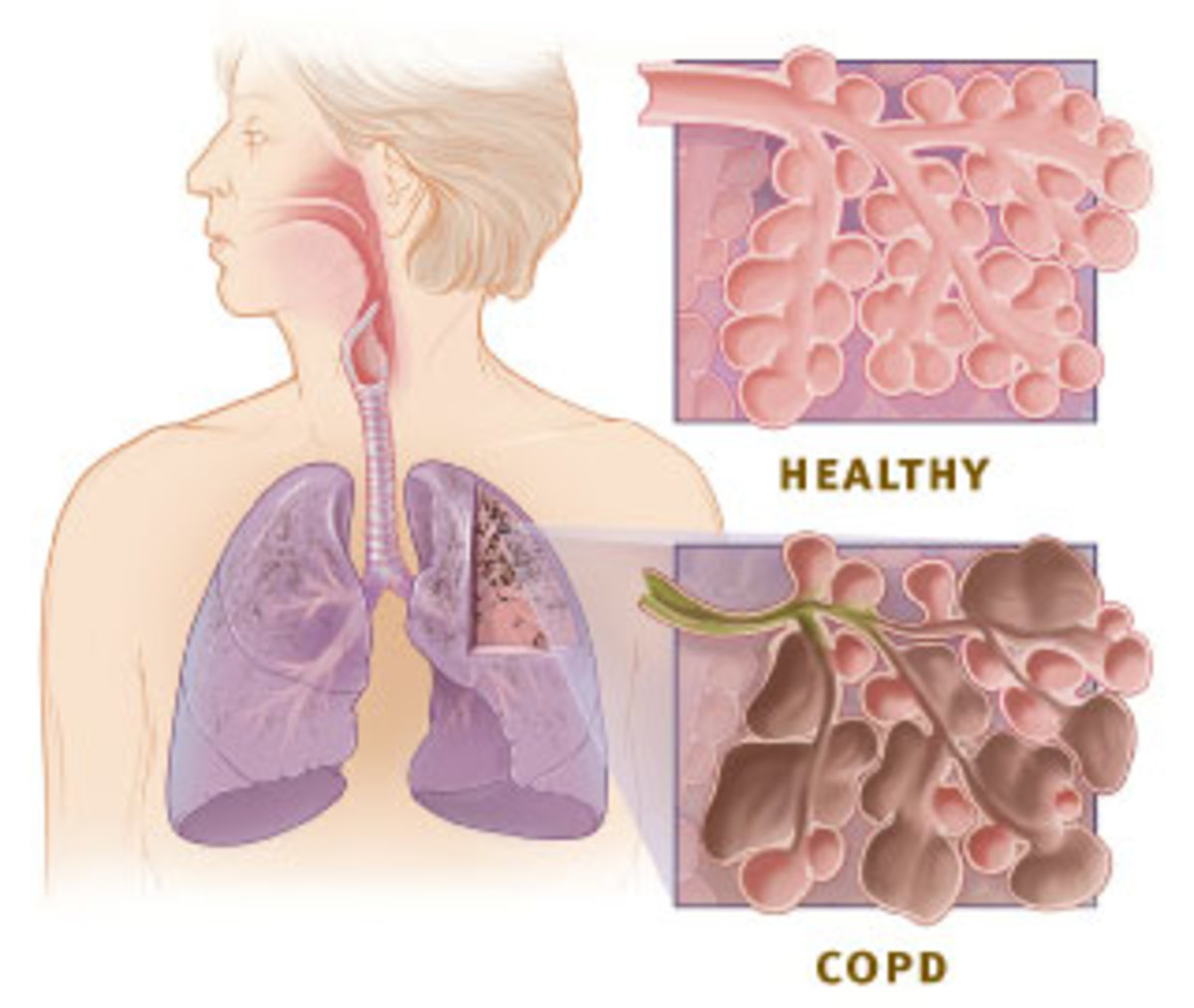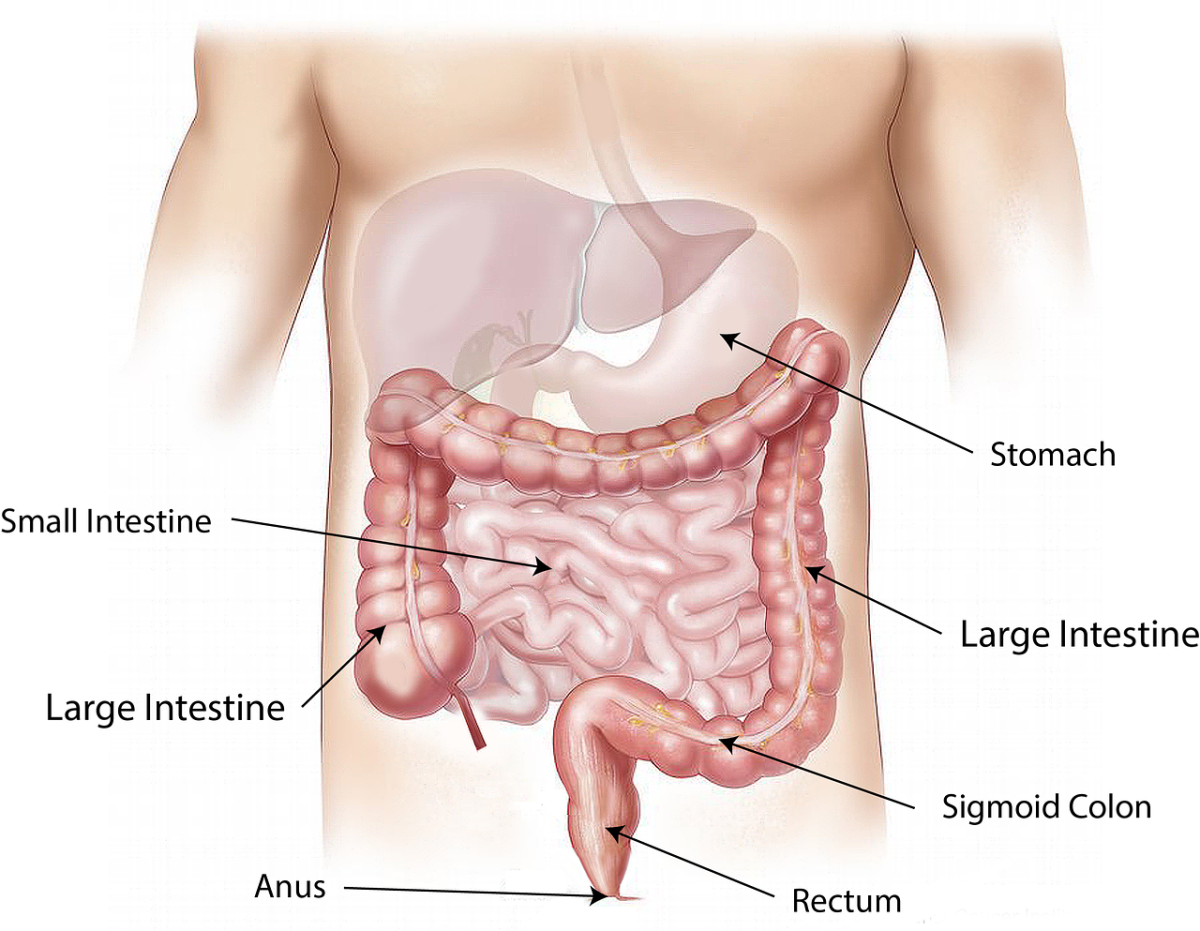Living With a Portable Oxygen Concentrator
Living with Supplemental Oxygen
It is now more than a decade since my stepfather nearly died from lung failure. As with too many people who stopped smoking some fifteen years before, the damage had been done. After his hospital stay and the begining of his recovery he had to live with supplemental oxygen continuously.
The initial period for everyone who must have extra oxygen is one of adjustment and this is not an easy time.
The psychological and emotional difficulties are usually much greater than the physical ones, even though people around you will normally focus on those they can see - i.e. the physical ones: the act of breathing, the tubing (cannulas) you use, the oxygen tanks or the oxygen concentrators, and in general the equipment that is now part of your life.
The hidden adjustments, those others can't see, are the toughest, and this is where courage and internal strength play such an large part. People who are close to you will notice some of the emotional strain that you have to cope with - but there is so much more that only another person who is having the same experience can really understand.
We all take breathing for granted and which is why we can't really imagine the difficulties that long term oxygen therapy patients have to overcome.
The First Stage
Shock, fear, tension. You have just been told you must have supplemental oxygen. And yet you are thankful as you realize what a close call it was.
The unknown is a frightening place. There are mixed feelings - times when you feel heroic, when you feel small and lost, when you feel despair and when you feel hope.
You imagine that the changes that are coming into your life will be so limiting that you wander about the point of it all. It takes courage to say "yes" to life.
At this stage most of your waking thoughts revolve around oxygen and breathing. This includes having the equipment nearby, learning to use it, making sure you have reserves, getting used to the nose cannula, learning to set the flow and reading your oxygen saturation.
The Second Stage
You have been home for a time and you must pick up on day to day activities. The oxygen tanks or the oxygen concentrator are a permanent company. At this stage you are coping.
You are coping with the oxygen supply. Your home unit and your mobile unit.
Although you still have thoughts of the before and now the after, your life is getting back into shape. Your social activities are coming back. Your friends and family have gotten used to your new look and are supportive. Sometimes this can get on your nerves but on the whole you feel you have adjusted. In fact life is much better than you thought it would be.
You can drive, although you still worry about running out of your supply. And this worry will probably be with you always.
You now have a routine but you still feel constrained in your movements.
The Third Stage
You have now been on continuous oxygen therapy for a long time. You are used to it. It is not scary anymore. It has becomes second nature.
Yes, you do get frustrated at times and remember how your life used to be. But all in all life continues and though there are some activities you have to give up along the way, you also know that this would have happened anyway - time has a way of letting you feel its effects.
The important thing is to embrace this and the best way of doing so is to have meaning in your life. It could be family, it could be many things. It is up to you to decide what it is and act upon it.
I have observed in my stepfather two things he has to be careful with.
- A couple of days ago I went to lunch at their home. He was in a good mood and this usually means he enjoys talking. His lips were very dark, purplish in fact. I pointed this out and told him to measure his oxygen saturation. It was down to 70. Not good. He checked his oxygen but everything was working as it should. It was simply a case of talking too much and breathing through his mouth. Without realizing it he had reduced his oxygen intake by being himself and enjoying the moment. In short he has grown acustomed to the his oxygen supply and is no longer as careful.
- Sometimes his oxygen situation becomes an excuse for not doing things he would normally do. And he has every right to do so. However it can become a habit and this only sets mental limitations not only to his physical life but perhaps more importantly to his psycological one.
All in all, quality of life is higher and the most important part is that in this stage you are freer than before and this is perhaps the most important part, you feel free to pursue your life.
As they say, even if it does sound corny, long term oxygen therapy is no longer a sentence, it is a lifestyle.
You have adjusted and those near you have also adjusted.
And life goes on.





